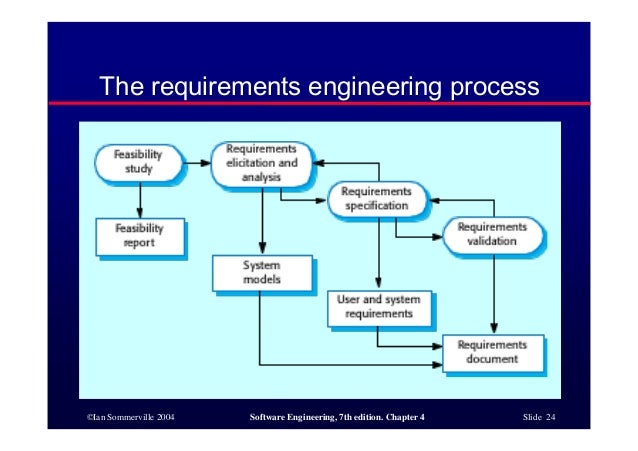
(2005) Validation of simulation: Patterns in the social and natural sciences. In IEEE Proceedings of the International Conference on Robotics, Intelligent Systems and Signal Processing (pp.

(2003) Differential equation and cellular automata models. Extending ourselves computational science, empiricism, and scientific method. East Lansing: Philosophy of Science Association. Architecture for an artificial immune system. Mathematical games: On cellular automata, self-reproduction, the Garden of Eden and the game “life”. Stump (Eds.), The disunity of science: Boundaries, contexts, and power. Computer simulation and the trading zone. Modelling with differential and difference equations. Emergent computation: self-organizing, collective, and cooperative phenomena in natural and artificial computing networks. Agent-based computational models and generative social science. Redwood City, CA: Addison-Wesley.Įpstein, J. Champaign IL: University of Illinois Press.Ĭariani, P. Noûs, Supplement: Philosophical perspectives, 11. In Proceedings of the 2003 Winter Simulation Conference (pp. (2003) Verification, validation, and certification of modeling and simulation applications. While it is useful to consider theories as abstract structures, in the context of computational modeling as Humphreys points out: “(s)yntax matters… The importance of syntax to applications, and especially to computational tractability, is something that the semantic account of theories, for all its virtues, is essentially incapable of capturing.” ( 2002, p. In computational modeling, the question of application and implementation are unavoidable. While models are central to the semantic view of theories, when we consider specifically computational models, we encounter a layer of philosophical challenges of which philosophers in the semantic tradition in the philosophy of science were mostly unaware. The semantic view of theories emphasizes the abstract structure of theory rather than on the particular syntactic presentation of the theory (Van Fraassen 1972).

Suppe 1977 Van Fraassen 1980) scientific inquiry and explanation is largely a matter of the construction of models. According to the semantic view of scientific theories (esp. An emphasis on the role of models in scientific explanation has been one of the central characteristics of the semantic tradition in the philosophy of science (Suppes 1962 Van Fraassen 1980).


 0 kommentar(er)
0 kommentar(er)
